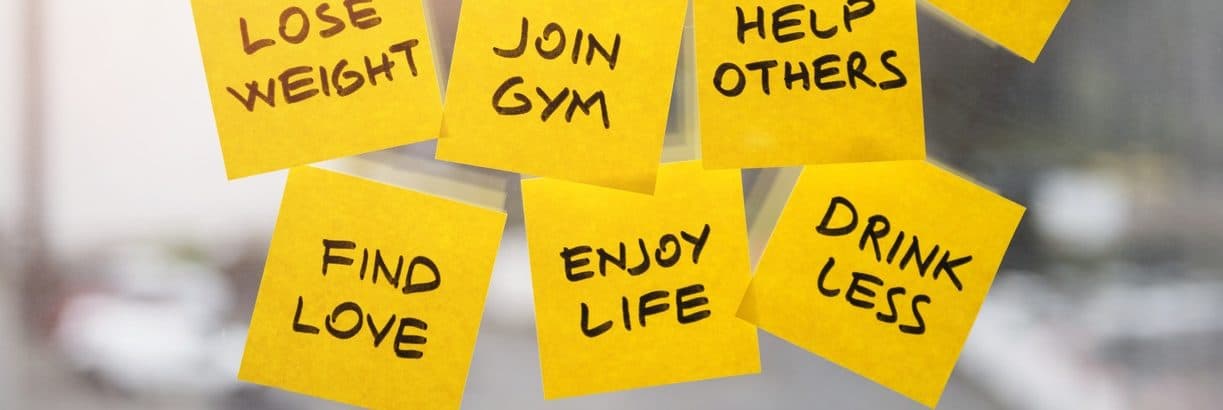Why Should I Add “Getting an Estate Plan” to My New Year’s Resolutions?
The start of the new year is a great time to consider setting up that estate plan you may have been putting off, or thought that you did not need.
It is not uncommon to question whether you need one, or to express such sentiments as “Estate plans are for rich people, and I am not rich” or “I do not need a trust because I want to keep things simple for my kids when I die.” However, estate planning is not only for your rich uncle; it is a useful tool to help ensure that you and your family are taken care of in the event of death or disability. A little planning can go a long way toward protecting you and your family during times of disability, or making distribution of your assets to loved ones following your death “simple.”
Here are the top three reasons why you should get an estate plan:
- Protecting minor children. If you have minor children (less than 18 years old), in the unfortunate event that something happens to you and your children’s other parent, the law gives you priority to name a guardian to care for your children. The easiest way to name a guardian is through a Will. You may also consider creating a Trust for the benefit of your minor children, which allows you to dictate for what purposes and at what ages your children can receive distributions.
- Avoiding probate. “Probate” is the process of obtaining authority from the probate court to pass ownership of an individual’s property following his or her death. Any property in the decedent’s name alone, without a beneficiary designation, generally will need to be probated. As anyone who has had to go through probate following a loved one’s death can attest, the process can be an unnecessarily burdensome and expensive. An estate plan that includes a revocable trust (sometimes referred to as a “living” trust) can be an effective tool to pass property following death outside probate.
- Preparing for incapacity. The primary focus of estate planning often is preparing for death. However, I believe that estate planning is just as important to prepare for a possible future disability or incapacity. Through a durable power of attorney and patient advocate designation, you can nominate an individual to act on your behalf and to make financial, medical, and other decisions for you during your lifetime, if you become unable to make them yourself. Further, you can use a revocable trust to ensure that your property will be managed for your benefit if you ever become disabled or incapacitated.
